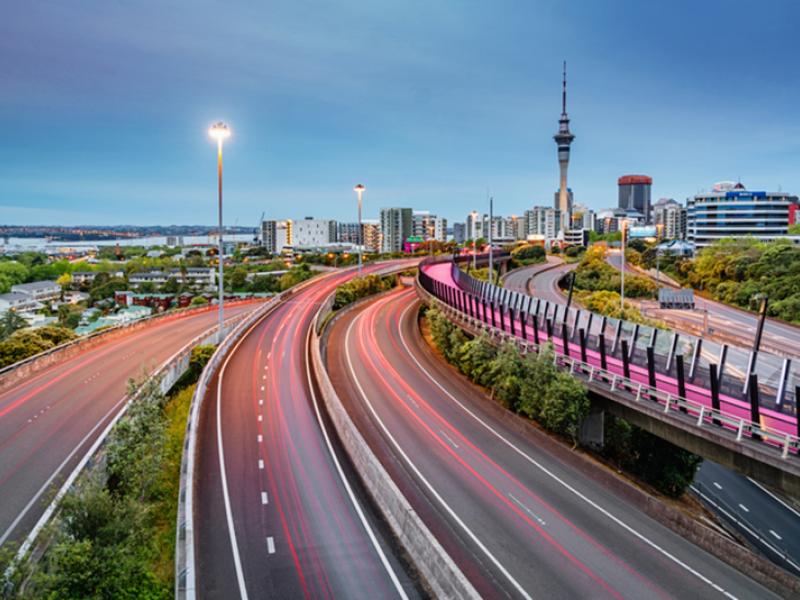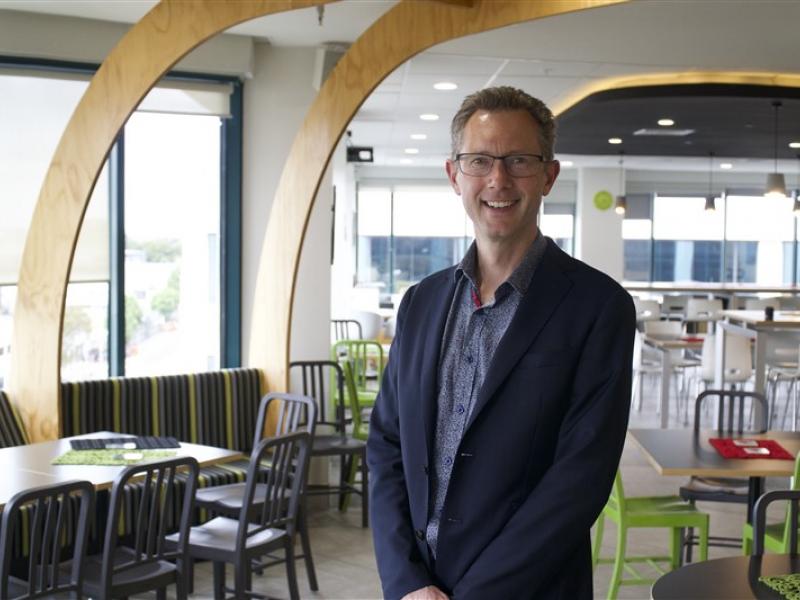The Soft Plastics Recycling Scheme suspended collections for the scheme at the end of last year, saying the scheme was a victim of its own success.
Soft Plastics Recycling Scheme chairman Malcolm Everts said there were plans to resume a sustainable service in April 2019 reportedly saying the body had been ‘extremely encouraged by Kiwis’ commitment to recycling their soft plastics’. However, he said, changes to global recycling meant more was being collected that was able to be processed in this country, with just two businesses – Future Post and Second Life Plastics – able to take a small proportion of what has been collection.
Everts believes the suspension of scheme will give the body time to build capacity with those processing partners as well as finding “new and innovative processing solutions”.
Packaging New Zealand said the suspension of the soft plastic scheme reflects the cyclically low demand for some mixed recycled plastics.
“It is a sad fact that the market for commodities including recycled wastes varies hugely over time,” said Packaging NZ Executive Director Sharon Humphreys.
Attempts by the Government and/or other organisation to artificially increase the rate and or type of material recycled can work for a while but do not have a good history of success, she stated.
“Schemes motivated by a desire to reduce waste rather than meet a need with the products produced should be viewed with suspicion.”
The success of subsidised recycling is judged (and funded) on the basis of tonnes of waste diverted. The incentive is therefore to collect materials of little or no value by low-cost methods, notwithstanding the increased costs associated with re-sorting and processing them.
Packaging NZ says it has a strong record of arguing for integrated and evidence-based policy aimed at cost effective minimisation of waste. That starts with efficacious packaging which prevents waste in the first place. “Our members are as concerned as anyone at the environmental harm caused by inappropriate handling and disposal of waste,” said Humphreys,” but have long advocated for a joined up approach, rather than perpetuating fragmented solutions.”
Packaging NZ was originally formed in response to the then Government’s realisation that cost effective waste minimisation requires a collaborative approach between Government and business. We remain of the view that ‘command and control’ by central and local government will give rise to sub-optimal outcomes and cognisant of the risk this poses in a small, open and geographically spread economy such as New Zealand’s.
The suspension of the soft plastic scheme is in our view the latest casualty in a list of less than ideal projects enabled by waste levy funding and a preoccupation with minimising waste over commercial fundamentals.
What now for soft plastic recycling?
News
Tuesday, 05 February 2019






